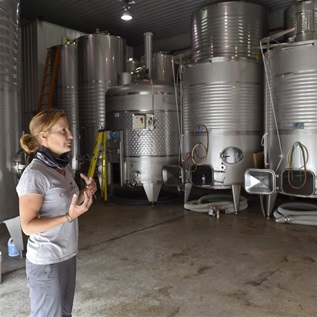Labor Day a Time to Honor Workers and Recognize the Need to Increase Retirement Savings
The Labor Day holiday recognizes the social and economic achievements of U.S. workers, but today too many of the nation's workers are not prepared for financial security in retirement. Each year, half of the workforce makes no contribution to an employer-based 401(k)-type plan or tax-preferred savings plan account.
Aging Gracefully, a newly released Retirement Security Project (RSP) book, funded by the Century Foundation, examines how to enhance employee savings and improve the nation's system of 401(k) plans, Individual Retirement Accounts (IRA), and other savings programs. The book is available for purchase online through the Brookings Institution. The authors, William G. Gale, J. Mark Iwry, and Peter R. Orszag, put forth four key policy changes to improve retirement security for middle-and lower-income households:
The recent pension reform legislation signed into law by President Bush partially addresses two of these points. The legislation removes a number of barriers to automatic 401(k) plans. It also makes the Saver's Credit permanent and indexes it for inflation. Used by more than 5 million tax filers, the credit levels the playing field for savers who are in lower tax brackets.
The Retirement Security Project (RSP) has targeted these and a number of other policy issues in its efforts to improve the retirement security of millions of Americans. The RSP is supported by The Pew Charitable Trusts, in partnership with The Brookings Institution and Georgetown University's Public Policy Institute. Aging Gracefully will be sold at the American Political Science Association's Annual Meeting in Philadelphia, PA, August 31-September 3, 2006.
For interviews with the authors, contact RSP communications director Melissa Green at 202-494-9554 or [email protected].
To purchase Aging Gracefully, please visit the Brookings Institution online.
For more information, visit the Retirement Security Project online.
Pew is no longer active in this line of work, but for more information visit the Retirement Security Project on PewHealth.org.











